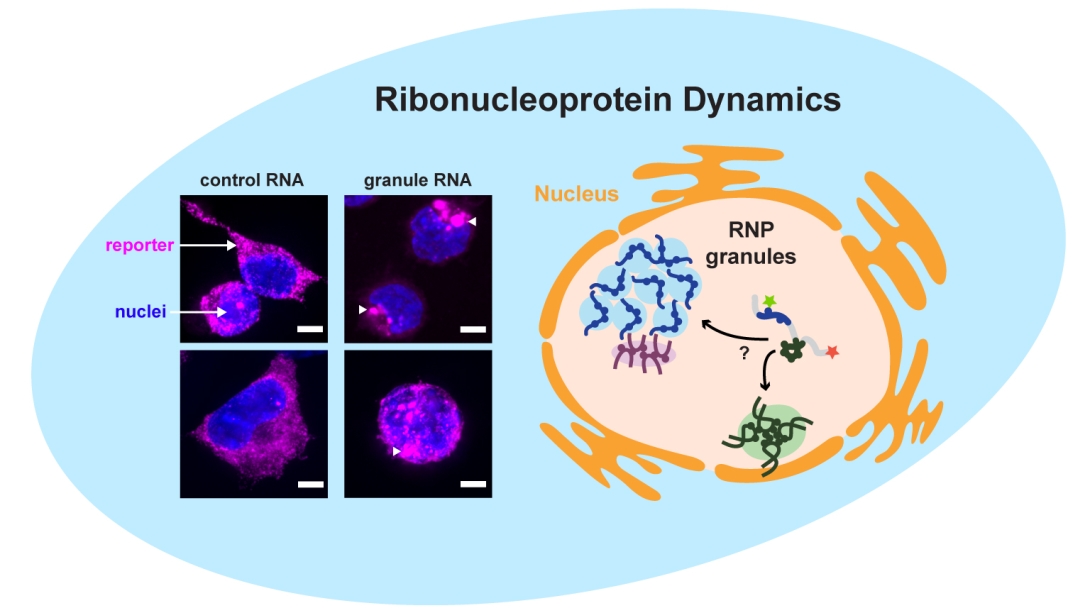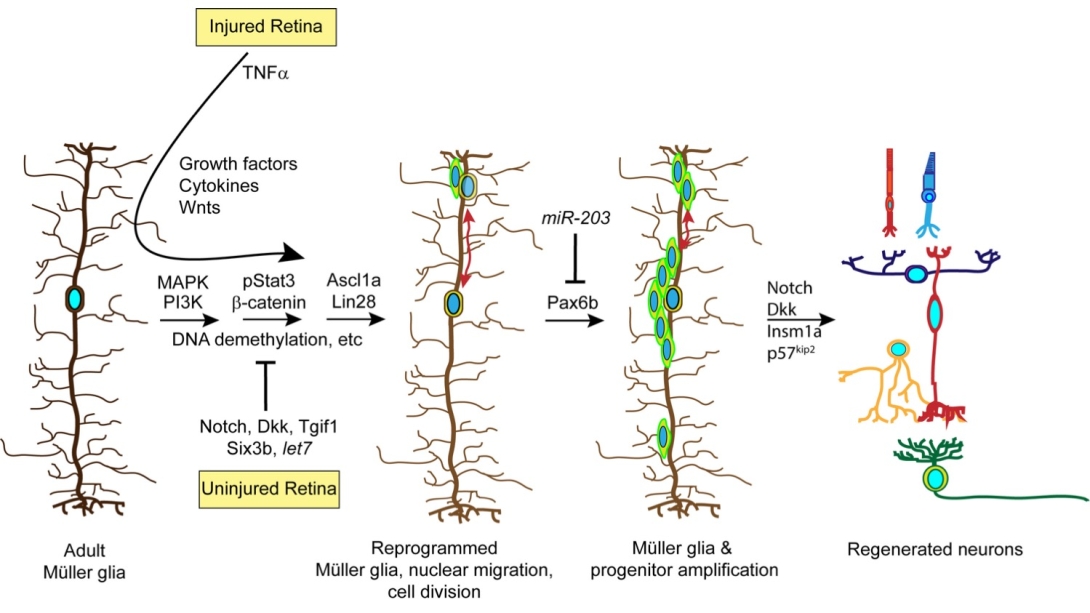
Scientists in the Biochemical Signaling area probe the molecular mechanisms accounting for changes in cell metabolism that mediate the physiological adaptation of living cells in response to alterations in their environment.
These cellular responses often involve sequential biochemical reactions that form signaling cascades to coordinately regulate multiple cell functions. Some of the biochemical mechanisms studied in these signaling cascades include post-translational modifications of proteins such as phosphorylation, methylation, lipidation, and ubiquitination. Other mechanisms involve allosteric regulation of molecular function, including protein-protein and protein-DNA interactions.
The goal of these studies is to:
- Understand the principles of coordinated molecular regulation at a biochemical level and
- Demonstrate the importance of these biochemical regulatory mechanisms in a cellular context
Ruma Banerjee, PhD
Chemical biology of hydrogen sulfide signaling, regulation of mammalian sulfur metabolism in health and disease, structural enzymology of human B12 trafficking proteins
Uhn-Soo Cho, PhD
Biochemical and structural studies of kinetochore assembly, histone chaperones, and Sestrin-mediated mTORC1 regulation
Daniel Goldman, PhD
Identification of signaling pathways, chromatin alterations, and gene expression programs that drive central nervous system regeneration using the retina as a model system
Tom Kerppola, PhD
Protein interactions and modifications in living cells and animals; mechanisms whereby cells and animals recognize and respond to synthetic chemicals
James Morrissey, PhD
Biochemistry of the human blood clotting system; structural studies of protein-membrane complexes
Stephen Ragsdale, PhD
Molecular mechanisms of redox, heme, and gas signaling pathways
Raymond Trievel, PhD
Chemical and structural biology of enzymes that covalently modify histones, transcription factors, and other nuclear proteins; current research focuses on elucidating the molecular mechanisms underlying the specificities of histone methyltransferases and demethylases and on developing new assays and reagents to characterize them
Anne Vojtek, PhD
Molecular and biochemical analysis of signaling pathways that regulate cell proliferation and neural differentiation
Chase Weidmann, PhD
Illuminating transcriptome-proteome interaction networks that underlie cellular transformations, particularly networks that promote cancer metastasis
Wei Cheng, PhD
Using biochemical approaches aided by biophysical tools to mechanistically dissect the responses of B cells to particulate antigens both in vivo and in vitro, with a focus on the quantitative features of viral particles and their impact on B cells
Renny Franceschi, PhD
Signals regulating the formation and functioning of osteoblasts, the cells that produce and mineralize the extracellular matrix of bone
Ursula Jakob, PhD
Biochemical aspects of the bacterial response to oxidative stress
Brian Ross, PhD
Molecular imaging of biological processes in living tissue, including noninvasive detection of molecular signaling events to investigate cancer growth and response to therapy
Debra Thompson, PhD
Molecular studies of the function of the mammalian retina, including mechanisms that control signal transduction and tissue-specific gene expression in the retinal pigment epithelium
Pierre Coulombe, PhD
Regulation of cell differentiation and tissue homeostasis in complex epithelia such as skin, studied from the unique perspective of keratin intermediate filament genes and proteins
Ajit Joglekar, PhD
Cell biology, biophysics, and biochemistry of mitosis
Scott Pletcher, PhD
Genetic mechanisms of aging and age-related disease using the fruit fly, Drosophila melanogaster, as a model system

The Weidmann lab seeks to illuminate transcriptome-proteome interaction networks that underlie cellular transformations, particularly networks that promote cancer metastasis.

The Goldman lab studies signaling pathways that drive central nervous system regeneration using the retina as a model system.